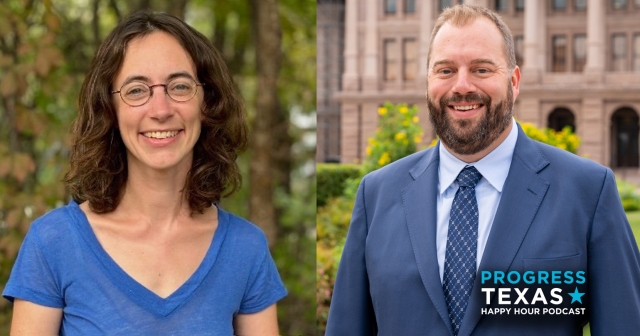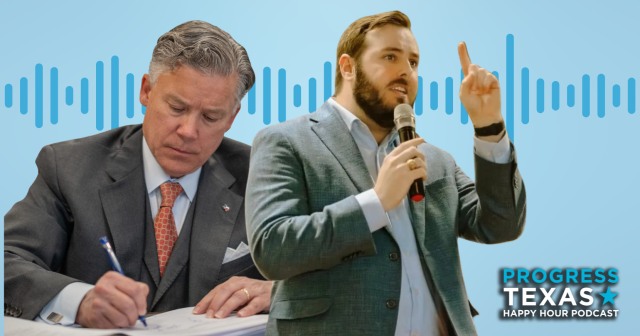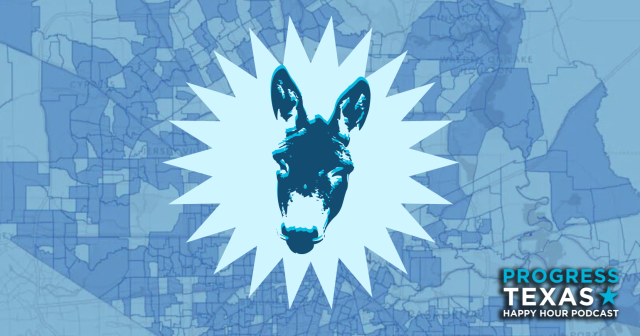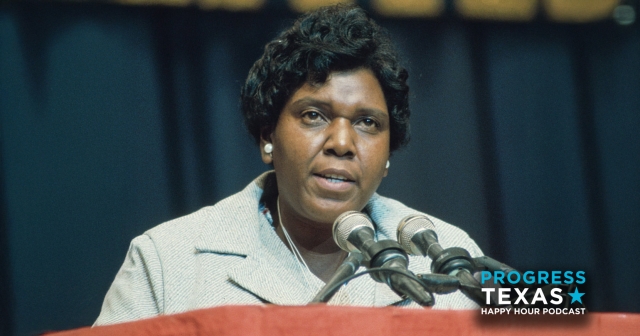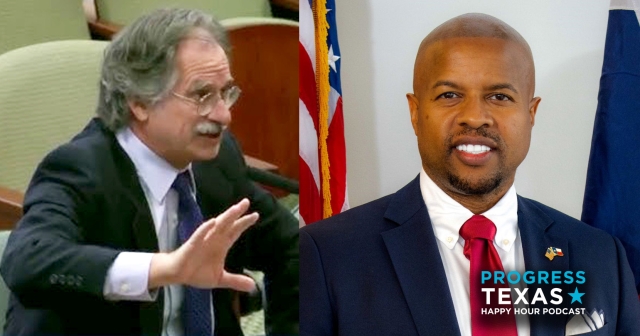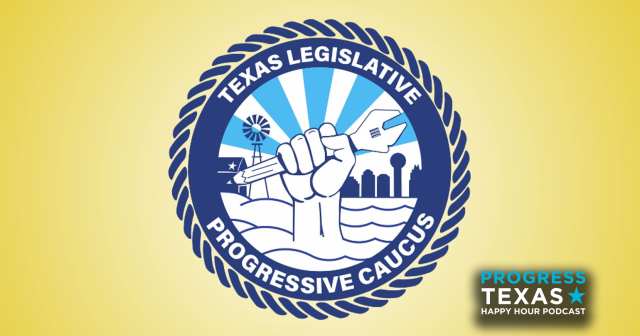A month of historic rulings at the U.S. Supreme Court showed, yet again, why courts matter.
Federal courts can protect and preserve our country's progress - as we saw on major rulings from the last month on the freedom to marry, health care, abortion, redistricting, housing discrimination, and the freedom of speech.
Each of those issues made their way through federal courts at lower levels - district and circuit courts - before making their way to the U.S. Supreme Court. While these cases gained much-deserved attention, only 2% of all federal cases make their way to the Supreme Court.
That's why it's important that we also pay attention to lower-level federal courts, and why it's vital we have good judges on the bench at every level.
To learn more about our ongoing work on the federal courts, you can click here.
Below is a summary of those six major decisions from the last month.
1. Freedom to Marry for Everyone

Love won, and it was wonderful.
Around the country, federal court judges routinely struck down state bans wherever the cases were heard - but the final test came down to the Supreme Court.
On June 26th, 2015, the waiting ended, and the nation celebrated in chaotic jubilee.
The right for same-sex couples to marry has been solidified, but with 29 states lacking equal protection ordinances for members of the LGBT community, the question of equality under the law is definitely not resolved.
2. Health Care Survives - Again!

In a move that infuriated Republicans all around the country - perhaps even moreso than the marriage equality ruling - the Supreme Court ruled 6-3 to uphold subsidies given to lower income citizens used to pay for health insurance obtained through the Federal exchanges.
The decision prevented 1.5 million Texans from losing access to affordable health care.
It was a major win for supporters of health care, for the Obama Administration, and - most importantly - the American people.
3. Texas Anti-Abortion Law Suspended...For Now

For the second time in the last year, the U.S. Supreme Court has stepped in to protect access to safe, legal abortion care in Texas.
In a 5-4 order, the Court temporarily blocked a ruling from the U.S. Court of Appeals for the Fifth Circuit that was set to close all but nine abortion clinics in Texas by July 1. All 19 abortion clinics open in Texas today will be able to remain open as a result of this temporary order.
4. Protections Against Housing Discrimination Upheld

Texas was again at the center of a controversy in this case, where community planners in Dallas were attempting to group all Section VIII housing developments together – continuing the cycle of poverty in those areas.
The Inclusive Communities Project sued the developers using a tool known as a Disparate Impact suit, or using statistics to prove there is discrimination even if the discrimination isn’t intentional. The appeal of the decision all the way up to the Supreme Court meant that if the Supreme Court ruled against the ICP, anyone trying to use a disparate impact suits in the future would lose that ability.
Fortunately, in a 5-4 decision, the Justices upheld the use of these suits and aided the fight against discrimination in housing for years to come.
5. Independent Redistricting Commission Survives

In 2000, after several failed attempts by the State Legislature to redraw congressional districts in Arizona, the voters there banded together to pass a referendum establishing an Independent redistricting commission, as opposed to the Republicans who were constantly redrawing lines for their own gain.
At first it seemed to work. But then in 2011 the Arizona legislature decided it was unhappy with the backseat role and sued the commission – essentially suing the people of Arizona – for the right to draw those lines.
The Supreme Court found in a 5-4 decision that the people of Arizona were within their right to establish this independent commission because the power of the legislature came from the people. This establishes an important precedent and gives us hope that Texas and other states could do something similar one day.
6. Freedom of Speech - Online and at Work - Preserved

The Supreme Court ruled in favor of two important free speech cases - one for the workplace, and another for the internet - that slipped under the radar.
In a climate filled with talk of the necessity to protect religious freedoms, it is hard to believe that someone was fired for their religious belief. But that is what happened as a young Muslim woman, Ms. Elauf, was fired from Abercrombie for wearing a Hijab (the customary headdress worn by Muslim women).
Abercrombie claimed it didn’t know that Ms. Elauf was wearing the scarf for religious purposes, but the Supreme Court ruled in an 8-1 decision that the company had “at least some idea” that it was for religious purposes.
The online freedom of speech case, Elonis v. United States, centered on Mr. Elonis’ Facebook posts in 2010 and 2011. In the posts, using an alias, he posted rap lyrics that his ex-wife and an FBI agent saw as threats. Mr. Elonis claimed he had a right to express himself artistically, but a judge ruled the posts were a “threat to injure the person of another.”
Justice Roberts questioned whether this action was a threat, citing violent Eminem lyrics from a popular song and asking whether those lyrics were a threat. His reasoning prevailed, and the Supreme Court exonerated Mr. Elonis with an 8-1 decision.
DONATE
Your donation supports our media and helps us keep it free of ads and paywalls.


